Salt

Salt, primarily composed of sodium chloride (NaCl), is a vital compound for both humans and animals. It’s a common seasoning used to enhance the flavor of food, but it also plays essential roles in various industries.
Salt plays a pivotal role in enhancing the taste of food. It also acts as a natural preservative by drawing water out of microorganisms, inhibiting their growth. Curing, a process that involves salting meats to improve flavor and shelf life, has been practiced for centuries. In baking, salt can control the rise of dough by slowing down the yeast’s activity.
Key Properties of Salt:
- Flavor Enhancer: Salt enhances the taste of food by stimulating the taste buds.
- Preservative: Salt acts as a preservative by drawing water out of food, inhibiting microbial growth
- Nutrient: Sodium and chloride ions found in salt are essential for maintaining bodily functions like nerve impulses, muscle contractions, and fluid balance.
- Industrial Uses: Salt is used in numerous industries, including food processing, water treatment, chemical production, and road de-icing.
Our Salt Products
1. Sea Salt:
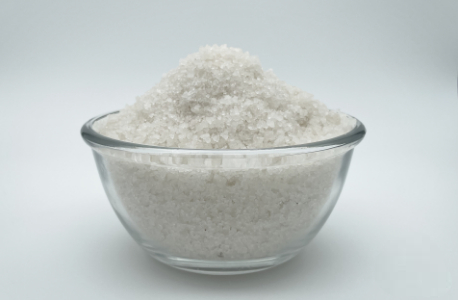
Tablet salt is a type of salt that has been compressed into small, convenient tablets. It’s often used for individual or small-scale applications where carrying loose salt might be impractical.Key Features of Tablet Salt:Pre-Measured: Many tablet salt brands offer pre-measured tablets, making it easy to control the amount of salt you’re adding.Portability: Tablet salt is easy to carry and store, making it ideal for camping, hiking, or other outdoor activities.Convenience: Tablets can be easily dissolved in water, providing a quick and convenient way to add salt to food or beverages.
2. Pool Salt
Pool salt, also known as sodium chloride, is a vital ingredient for maintaining a clean, healthy, and sanitized swimming pool. It works in conjunction with a salt chlorinator to produce chlorine, a disinfectant that kills bacteria and algae.Key Benefits of Using Pool Salt:Sanitization: Pool salt provides a continuous and gentle release of chlorine, ensuring effective disinfection without the need for manually adding chlorine chemicals.Soft Water: Salt reduces the harshness of the water, making it more comfortable for swimmers and preventing skin irritation.Reduced Maintenance: Compared to traditional chlorine pools, salt water pools require less maintenance, such as fewer chemical adjustments and less frequent cleaning.
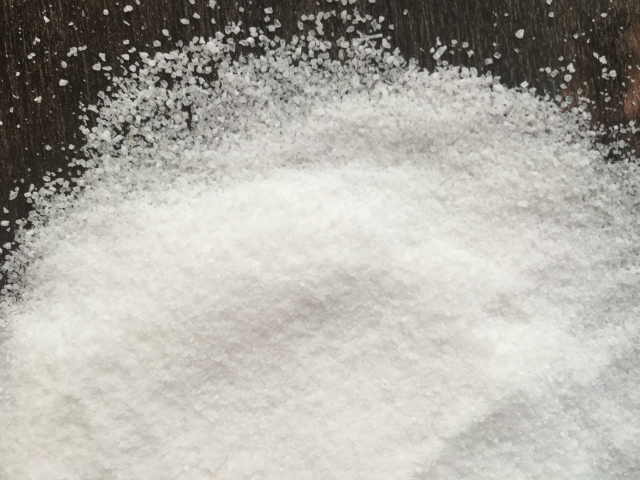
3. Tablet Salt
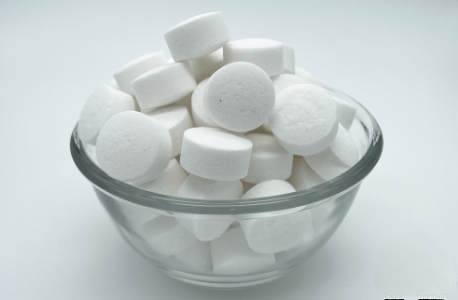
Tablet salt is a type of salt that has been compressed into small, convenient tablets. It’s often used for individual or small-scale applications where carrying loose salt might be impractical.Key Features of Tablet Salt:Pre-Measured: Many tablet salt brands offer pre-measured tablets, making it easy to control the amount of salt you’re adding.Portability: Tablet salt is easy to carry and store, making it ideal for camping, hiking, or other outdoor activities.Convenience: Tablets can be easily dissolved in water, providing a quick and convenient way to add salt to food or beverages.
4. Refined Free Flow Iodized Salt
Refined free-flow iodized salt is a common type of table salt that has been processed to remove impurities and has added iodine. The “free-flow” property ensures that the salt flows easily, preventing clumping and ensuring even distribution.Key Characteristics:Iodized: Iodine is added to the salt to prevent iodine deficiency, a common health problem in many regions.Refined: The salt has been processed to remove impurities like dirt, sand, and other contaminants.Free-Flow: The salt has been treated to prevent clumping and ensure it flows smoothly.
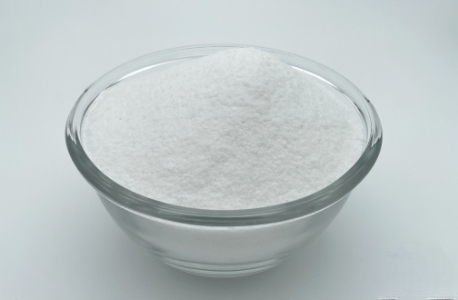
5. Animal Feed Salt
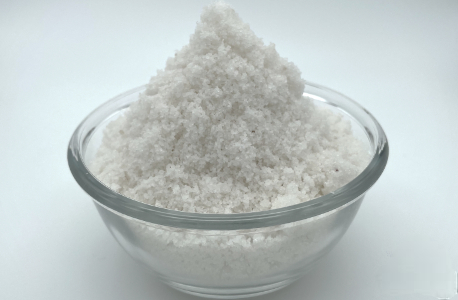
Animal feed salt, also known as livestock salt or mineral salt, is a vital nutrient for animals. It provides essential sodium and chloride ions, which are crucial for various bodily functions such as fluid balance, nerve impulse transmission, and muscle contraction.Key Benefits of Animal Feed Salt:Disease Prevention: Adequate salt intake can help prevent certain health problems related to electrolyte imbalances, such as heat stress and milk fever in dairy cows.Essential Nutrient: Sodium and chloride are essential minerals for animals, helping to maintain overall health and well-being.Improved Feed Intake: Adding salt to animal feed can encourage better feed intake, leading to improved growth and performance.Electrolyte Balance: Salt helps maintain electrolyte balance in the animal’s body, which is important for various physiological processes.
Our Other Salt Products
FOOD GRADE SALTS | INDUSTRIAL GRADE SALTS | WATER SOFTENING & TREATMENT | ANIMAL FEED GRADE SALT |
|---|---|---|---|
Triple Refined Free Flow Salt | Oil & Gas – Drillind Grade Salt | Water Softener Tablet Salt | Animal Feed Coarse Salt |
Iodized Table Salt | Leather – Hide / Skin Salt | Water Softener Coarse Salt | Animal Feed Powder Fine Salt |
Cooking Salt | Textile Grade Salt | Water Softener Fine Salt | |
Low Sodium Salt | Seafood Processing / Preservation Salt | ||
Fluoridated Salt | Chlor – Alkali Grade Salt | ||
Iron Fortified Salt | Aluminum Purification Grade Salt | POOL SALT | |
Curing Salt | Paper and Pulp Industries | Pool Salt Fine | |
Double Refined Iodized Salt | Raw Salt | Pool Salt Tablet | |
Single Refined Iodized Salt | De Icing / Ice melting | Pool Salt Coarse | |
Iodized Crystal Salt |
Available Specifications of various grades of Salt.
- Sodium Chloride (NaCL) : 97.00% to 99.80%
- Calcium as Ca : 0.02% to 0.25%
- Magnesium as Mg : 0.01% to 0.50%
- Sulphate as So4 : 0.07% to 0.60%
- Sulphate as So4 : 0.07% to 0.60%
- Moisture : 0.20% to 5%
- Grain Size : 0.15mm to 0.85mm / 0.85mm to 1.5mm / 0.5mm to 8mm
